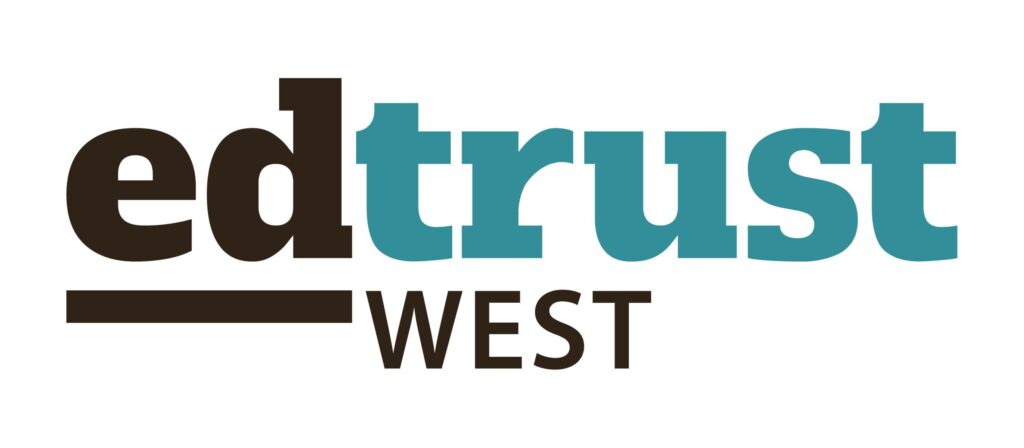Like so many of you, I spent the holiday season reflecting on a year filled with exciting new journeys, both professional and personal, amid yet another year of immense loss, isolation, and pain in the world.

Enjoying a hike in the East Bay hills with my daughter, born in May 2021
I’ve decided to do something I stopped doing a few years ago: make New Year’s resolutions. And because connection is still too scarce in these times, I want to share them with friends and community. This year, I resolve to work out more, drop some COVID pounds, read for pleasure (recs welcome!), and explore more of the parks in and around Oakland.
I also have thought a lot about what I hope California policymakers and leaders will resolve to do differently to move our state more urgently toward racial equity in education.
- In early learning and care, California must prioritize the expansion of universal transitional kindergarten with specific attention to young kids of color. School leaders, district leaders, and advocates must come together to make sure Black and brown Californians, especially those experiencing poverty, get access to spots first.
- In K-12 education, California must recognize that the way we teach mathematics in our state doesn’t work: it leaves too many students behind, and, too often, those are Black and brown students. The Instructional Quality Commission (IQC) and State Board of Education (SBE) must adopt a new statewide math framework that treats equity as foundational, rather than peripheral.
- At the intersection of K-12 education and higher education, California must establish and scale up dual enrollment offerings with an explicit focus on ensuring access for students of color. These programs allow high school students to take college courses that count both toward high school graduation and college credit, representing a promising lever to closing equity gaps in high school completion and college success.
- In higher education, California must finally stop offering remedial coursework. It costs students tuition, time, energy, and self-esteem without earning them any credit toward graduation. Remedial coursework also leads to worse outcomes in subsequent math and English courses—and is disproportionately offered to Black and brown students. The evidence shows that providing additional support in mainstream courses works far better. Legislators, the solution is obvious: remedial coursework must go.
Research says that by February, most people have already abandoned their New Year’s resolutions. Often, it’s because they lack accountability and a clear pathway for reaching their goals. But California can’t afford to fail; we’ve been failing students of color for long enough. In 2022, The EdTrust–West will be elevating policy solutions that embody educational equity for students of color—and holding California accountable every step of the way. I hope we can count on you to stand alongside us. After all, students of color need more from us than abandoned resolutions, they need action.

